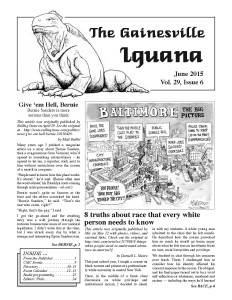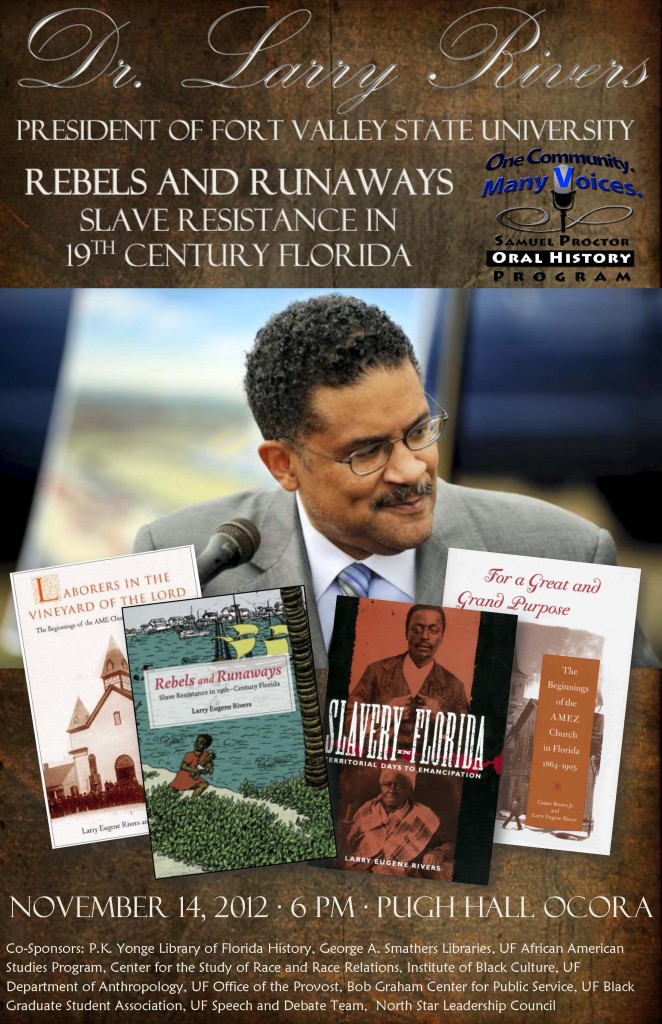transcript edited by pierce butler
This is the tenth in a continuing series of transcript excerpts from the collection of the Samuel Proctor Oral History Program at the University of Florida.
John DeGrove, “the father of growth management law in Florida,” was interviewed by Cynthia Barnett [B] on December 1, 2001.
B: You were in the infantry from 1942-1946?
Yes. We went over right after D-Day [June 6, 1944]. We landed at Cherbourg, in France, got on cattle cars, went across France, and into the front lines in Holland, Germany, Belgium. I got into leading patrols out behind the enemy lines and doing things like that. Pretty soon, our platoon [was] down to a handful of people who were still alive. That’s how I became a sergeant and then I got a battlefield commission.
We were doing a counter-attack, I guess and some Germans were surrendering. Somebody in the back threw a grenade. Big mistake on their part. Knocked me out just for an instant. That apparently did some damage [to my lungs that showed up] later. Didn’t stop me right then at all. [After] that concussion [grenade], we went on and those guys were wiped out.
After the war, I went in to the hospital because I had a case of viral pneumonia. It developed into tuberculosis and they always said that the concussion grenade had weakened the structure of that lung, so that when I got the viral pneumonia, which [I] should have been able to shake off, it evolved into tuberculosis after I got in the hospital.
I [was sent] out to Colorado, a special place for tuberculosis types. I decided, I’ll be damned if I’m going to die out here in Colorado. I was [determined] to die in Florida, as close to home as I could get. They went along with all that. I went to the tuberculosis sanitarium. They had several of these, and they were ahead of their time. I was in the hospital for almost four years. I missed the marvelous streptomycin and the TB drugs, the ones that would have kept me in the hospital for a month or two, just by a few months.
I became president of the student body at Rollins. I led a revolt at Rollins against the president. We threw him out.
Well, he was a bad guy. We went into an enrollment decline. In the process of cutting back, he was firing the best people. His concept of how to get Rollins straightened out and going right was just wrong. I had some board of trustee members who agreed with me. His name was Wagner. We did every kind of thing to force this guy out.
I finished my master’s in nine months at Emory [University in 1954]. My thesis looked at the Swamp and Overflow Lands Act. That really got me into realizing how badly it’s possible to manage resources. Swamp and Overflow Lands Act of 1849, I think it was, granted to Florida twenty million acres of land. Turned out that a lot of it wasn’t swamp and overflow at all.
Continue reading →


